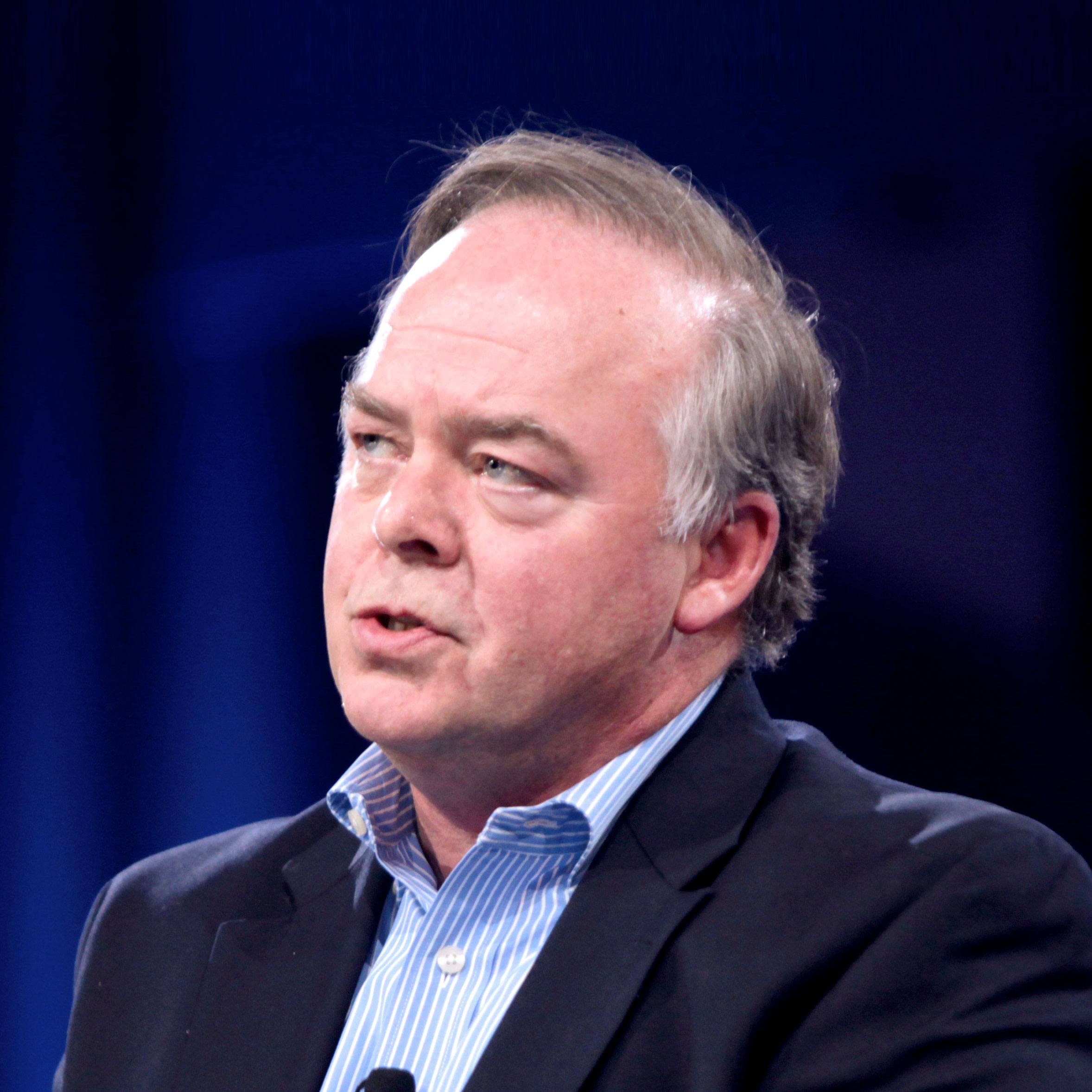(continued from previous page)
Although some historians can argue that Olsen sometimes misrepresents Reagan, his legacy, or his presidency, there are some further problems with the writing itself. The book strays from its thesis to give unnecessary factoids that, at the end of the day, are not needed for arguing such an unconventional view. That’s not to mention where Olsen also seemingly contradicts himself, as when he said that “Reagan remained firmly against government planning,” If Reagan remained against it, then why would he be for the New Deal?
It is also sometimes repetitive, such as saying several times that Reagan voted for FDR in 1932 — repeated within the first pages of the book. There is some unnecessary writing to set the stage of Reagan’s liberal persona to contrast it with his matured conservative views. There’s explaining the origin of “the Gipper,” which, while cute, is ultimately skippable. And the repeated fact of Reagan’s first vote being for Roosevelt, even as background, bears little support for Olsen’s thesis. Winston Churchill is said to have said that a young man who is not a liberal has no heart and an old man who is not a conservative has no brain.
It is unclear if Olsen interviewed anyone close to Reagan, a big problem for anyone who is interested in the Gipper’s presidency.
[lz_related_box id=811663]
And though Olsen uses a primary source such as “Reagan in His Own Hand,” you’d be hard-pressed to find others, since “The Working Class Republican” does not have a bibliography. Those are two other red flags.
A historical analysis of how Reagan sometimes worked with Democrats both before and during his presidency is a book long overdue, but Olsen does not offer this here. He often conflates pre-conservative Reagan with conservative Reagan, believing that if one said something, then the other must have believed it. It is like looking at Saul of Tarsus and later his converted identity as Paul, and believing they are of the same beliefs.
“The historian is a prophet facing backwards,” said nineteenth-century German poet August Wilhelm Schlegel. Olsen is not a prophet, but he is a good man searching for answers, asking questions too few have asked. Reagan was a liberal traveling a long road to conservatism. Why? While Olsen’s book only partially answers this question, at least he has the guts to ask such risky and out-of-bounds queries. All of us fall too often into a simple storyline about a complex man, and Olsen has the temerity to ask the unaskable.
Craig Shirley is a presidential historian and author of four bestsellers on Ronald Reagan, most recently “Reagan Rising.” He has a political biography on Newt Gingrich, “Citizen Newt,” coming out in August. Scott Mauer is Craig Shirley’s researcher.[lz_pagination]

Join the Discussion
Comments are currently closed.